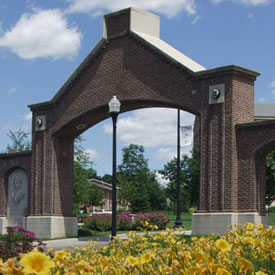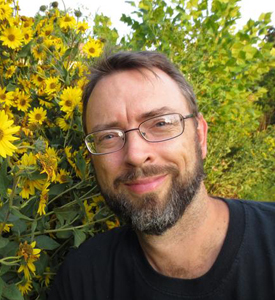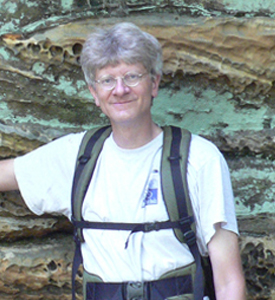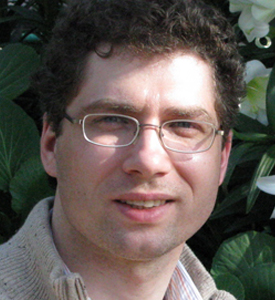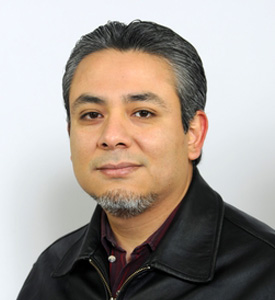Hanley Sustainability Institute
Sustainable Habitats Scholars

Below are scholars whose work would help us conserve and sustainably use the oceans, seas and marine resources for sustainable development; as well as protect, restore and promote sustainable use of terrestrial ecosystems, sustainably manage forests, combat desertification and halt and reverse land degradation and halt biodiversity loss:
Donald's areas of interest are varied, but generally revolve around applying computer simulation models to evaluate the behavior of water resource systems. He is interested in applying low impact development techniques to reduce stormwater runoff and improve stormwater runoff quality and in applying Geographic Information Systems (GIS) to water resource systems.
Garry's sustainability interests are mostly related to studying the environmental fate and transport of contaminants (and emerging contaminants) in soils. An additional component of his environmental sustainability interest involves designing, synthesizing, and testing solid-phase materials for removing dissolved contaminants from drinking (and presumably waste) water.
Mariela's interested in responses of mammals and birds to solar developments. The intersection of renewable energy expansion and wildlife conservation is a crucial and emerging field. Exploring the coexistence of cleaner energy and wildlife is not only interesting from an ecological and behavioral standpoint, but also holds the promise of contributing to develop more sustainable practices that harmonize the growth of solar energy with the preservation of natural habitats.
Maggie's interests include examining the ecological, behavioral and morphological responses of amphibians to human-mediated habitat disturbance. With permeable skin that is also used for respiration, amphibians are key bioindicators of habitat health. Field-based research in the lab is focused on local (southeastern Ohio) frogs and salamanders.
For over 15 year, Jeffrey's ecology laboratory has been conducting research projects on stream restoration, wetland restoration and monitoring impacts of low dams and kayak chutes on the biodiversity of fish, macroinvertebrates and birds in the Great Miami River Watershed. He has had honors thesis students and environmental interns, and he specializes in working with students across departments and disciplines.
Ryan's lab focuses on environmental sustainability as it relates to natural resource management with a particular emphasis on forests and streams. Research in the lab is based in tropical, temperate and arctic systems and is interwoven with management questions in the Miami Valley.
Allen's research interests include the areas of safe and sustainable natural resource development and natural hazards, particularly the problem of anthropogenically-induced earthquakes. He is also active in sustainability education and maintains an interest in landscape restoration, volunteering with Beavercreek Wetlands Association. At the national level his sustainability interests include service on the Steering Committee of Quaker Earthcare Witness (QEW), the principle Earthcare outreach of the Religious Society of Friends, in which capacity he chairs their Mini-Grants program.
Sustainable development presupposes ecological explanation of why certain actions are acceptable while others must be avoided. One of Viorel's research projects examines the implicit and explicit standards of ecological explanations, some of which inform decisions for sustainable development.
Chelse is interested in the sustainability and ecology of food systems, particularly in rangeland ecosystems and the potential for using insects as a sustainable protein source. She also studies the ecology and restoration of grassland ecosystems, particularly focusing on the insect communities in grasslands.
Daniel examines how Americans conceptualized animals and ecologies in the 19th and 20th centuries. Employing environmental history, animal studies, science studies and posthumanism, his research seeks to extend ecological thinking to show how all categories of thought are always interconnected. His research focuses on zoological parks and aquariums from 1840-1920.
Alan is interested in using computational and mathematical models to study interactions in populations and ecosystems. He also is interested in how external intervention affects the behavior of populations and ecosystems.



